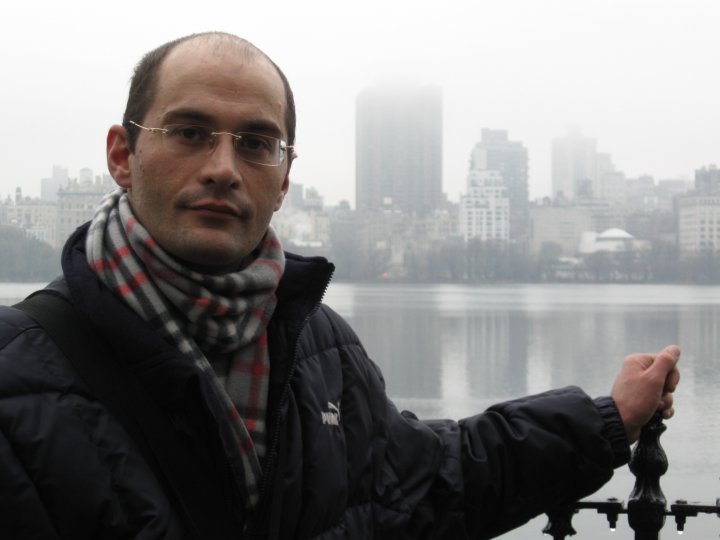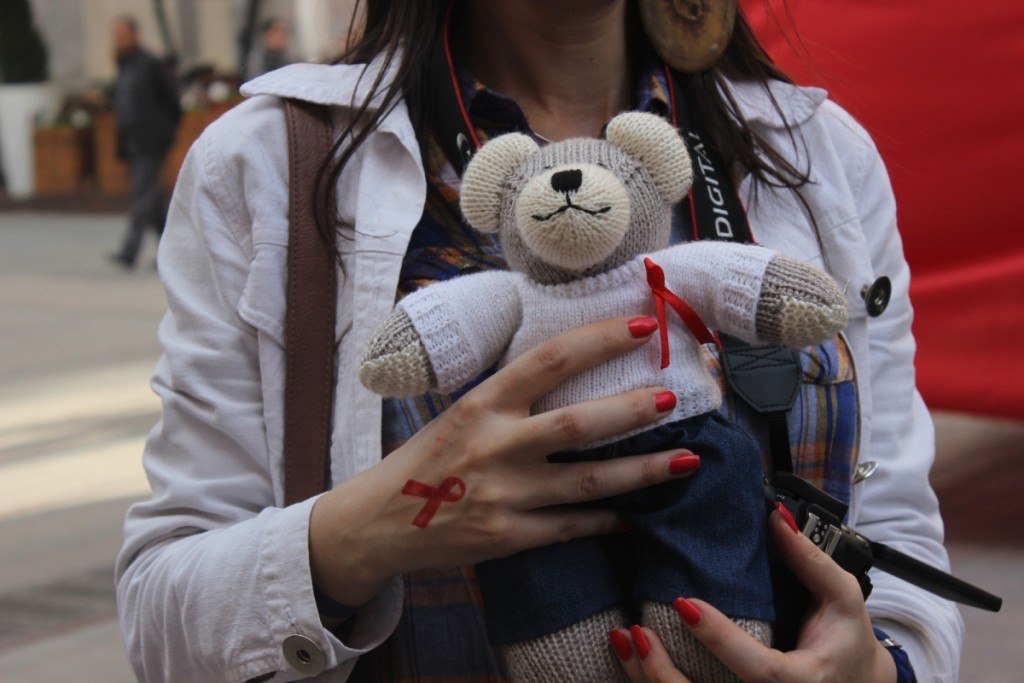 Social justice: equality between people and groups, between their rights, ideas and behaviors, in general equality and solidarity in human relations and expressions. This is the social justice that we all understand.
Social justice: equality between people and groups, between their rights, ideas and behaviors, in general equality and solidarity in human relations and expressions. This is the social justice that we all understand.
However, the issue of social justice is being discussed by different sciences: psychology is not an exception in the list of that science. Psychologists have tried to give an answer to the question whether the idea of being socially just and equal is an inner desire of human beings or something that is taught from the outside. Let’s find out what we feel about the notion of social justice until referring to the approaches of psychologists.
Imagine the following situation. You’ll be given 1 million dram only in the case that you give some part of that (from 0 to 1 million) to the person in front of you, and he/she will undoubtedly take it. Otherwise, you will not be given 1 million dram. How much will you suggest to the person in front of you?
It’s interesting that according to the American scientists’ research the majority of people suggest the direct half of the money (in this case half million dram). This is the principle of sharing the material goods: money, in a socially just way that exists for the majority of people. Why is it so? For answering this question social psychologists suggest several approaches. According to one view that is common to the American scientists a person is born having the principle of social justice. S. Ash mentions that people have “justice motive” which displays in the human behavior: people aim to share material, social and spiritual goods equally or help different people in a variety of situations to preserve the justice.
According to another approach, people perceive the principle of social justice learning it from the people around them and from the environment by adopting and protecting social norms.
These two approaches insist that the principle of social justice is inherent in human beings and its source is outside the people: our inherent principle is responsible for a society that “teaches” us the principles of the justice. Nevertheless, are some people unable to understand, to analyze and to decide himself/herself what is fair or not fair?
Some psychologists observe the social justice from this view. Social psychologist L. Kohlberg infers that the preservation of social justice is a symbol of morality because people have the values of trust and justice. And for example liberal psychologists find that a person protects social justice proceeding his/her personal interests because social justice lets a person reach his/her personal goals. Another group of scientists insist that social justice exists only between a person and a group. I. Lind and T. Taylor find that a group is much more valuable than an individual person. So people have the affiliation need: they have a need to belong to some group and they sacrifice their personal benefits for the well-being of the group.
Another social psychologist M. Venzel notices that the dispersion of different kinds of resources determines the person’s self-classification. It means that peoples social justice is affected when taking into consideration the persons’ social memberships. We all belong to some social groups: we are students, members of some minorities, family members, etc., and depending on the attitudes towards those different groups we maintain or don’t maintain social justice and equality.
Integrating all the approaches social psychologist E.A. Lind suggests his theory. In each situation when we need to judge what is fair or unfair, we start to assess the situation using some criteria. Some of the criteria are our attitudes, beliefs, values and feelings, and another part is the context of the direct situation: who or what we are judging. Based on all these we evaluate to be fair or not in a concrete situation. It explains why various criteria of social justice work in diverse cultures and why different people have varying criteria of social justice, as well as why the same person expresses his/her justice in different ways in varying situations.
Going back to our experiment we can suppose that before suggesting 1 million dram to a person in front of us we will consider above mentioned criteria and after that we’ll decide to suggest the half of our money, or all of it or probably we’ll suggest nothing. Therefore, as psychologists mention the principle of social justice is not only in ourselves but also depends on the situations where we are at the exact moment.
We decide our behavior in different situations and we are responsible for the preservation of the social justice.
Lilit Avetisyan



